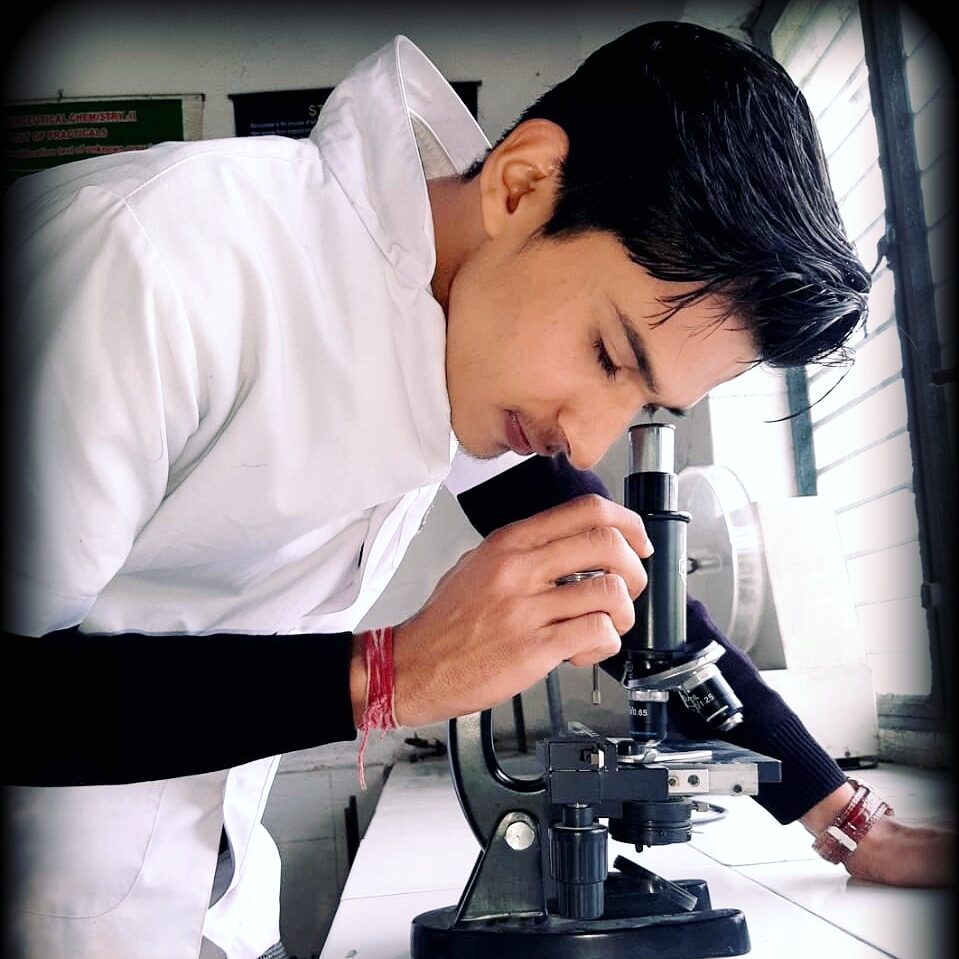A disorder of the skeletal muscles refers to a medical condition or dysfunction affecting the muscles that are attached to the skeleton (bones) in the human body. Skeletal muscles are responsible for voluntary movements, such as walking, talking, and reaching. Disorders of the skeletal muscles can manifest in various ways, leading to symptoms like weakness, stiffness, pain, and impaired motor function.
These disorders can have diverse causes, including genetic factors, autoimmune reactions, infections, metabolic imbalances, and inflammatory conditions. Some common examples of skeletal muscle disorders include:
1. Duchenne Muscular Dystrophy (DMD)
Cause: Genetic mutation in the dystrophin gene.
Symptoms: Progressive muscle weakness, typically beginning in early childhood.
Pathology: Absence or dysfunction of dystrophin, leading to muscle fiber degeneration.
2. Myotonic Dystrophy
Cause: Genetic mutation affecting muscle function.
Symptoms: Myotonia (prolonged muscle contractions), muscle wasting, weakness.
Types: Type 1 (DM1) and Type 2 (DM2).
3. Polymyositis
Cause: Autoimmune inflammation affecting multiple muscles.
Symptoms: Muscle weakness, fatigue, difficulty swallowing.
4. Glycogen Storage Diseases
Cause: Genetic mutations affecting enzymes in glycogen metabolism.
Symptoms: Muscle weakness, cramps, exercise intolerance.
Types: Pompe disease, McArdle disease.
5. Muscle Strains and Sprains
Cause: Overstretching or tearing of muscle fibers or tendons.
Symptoms: Pain, swelling, limited range of motion.
Risk Factors: Overexertion, improper warmup, sudden movements.
These disorders vary in their causes, symptoms, and treatments, highlighting the diverse nature of skeletal muscle disorders. It’s essential to consult with healthcare professionals for accurate diagnosis and appropriate management.

